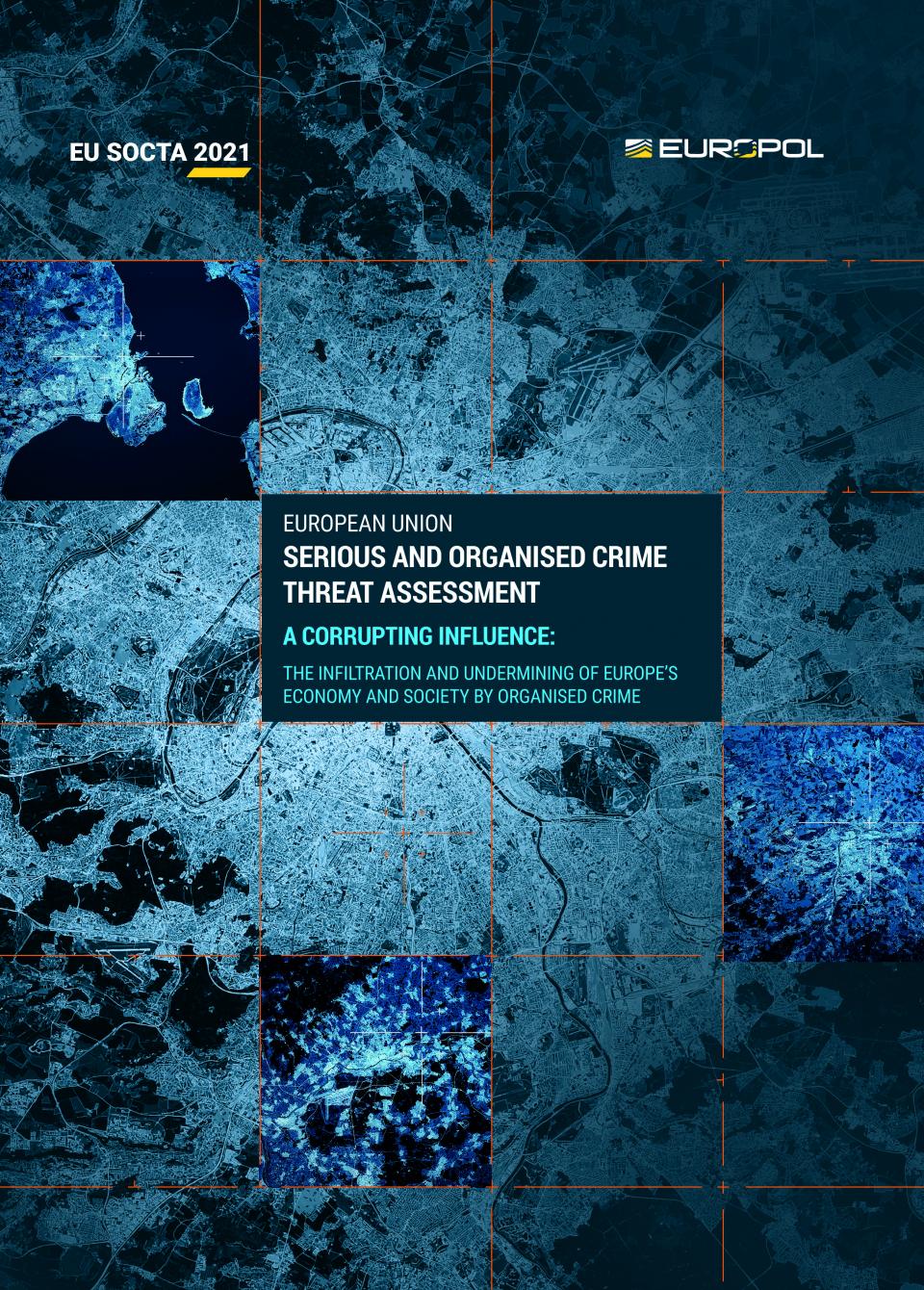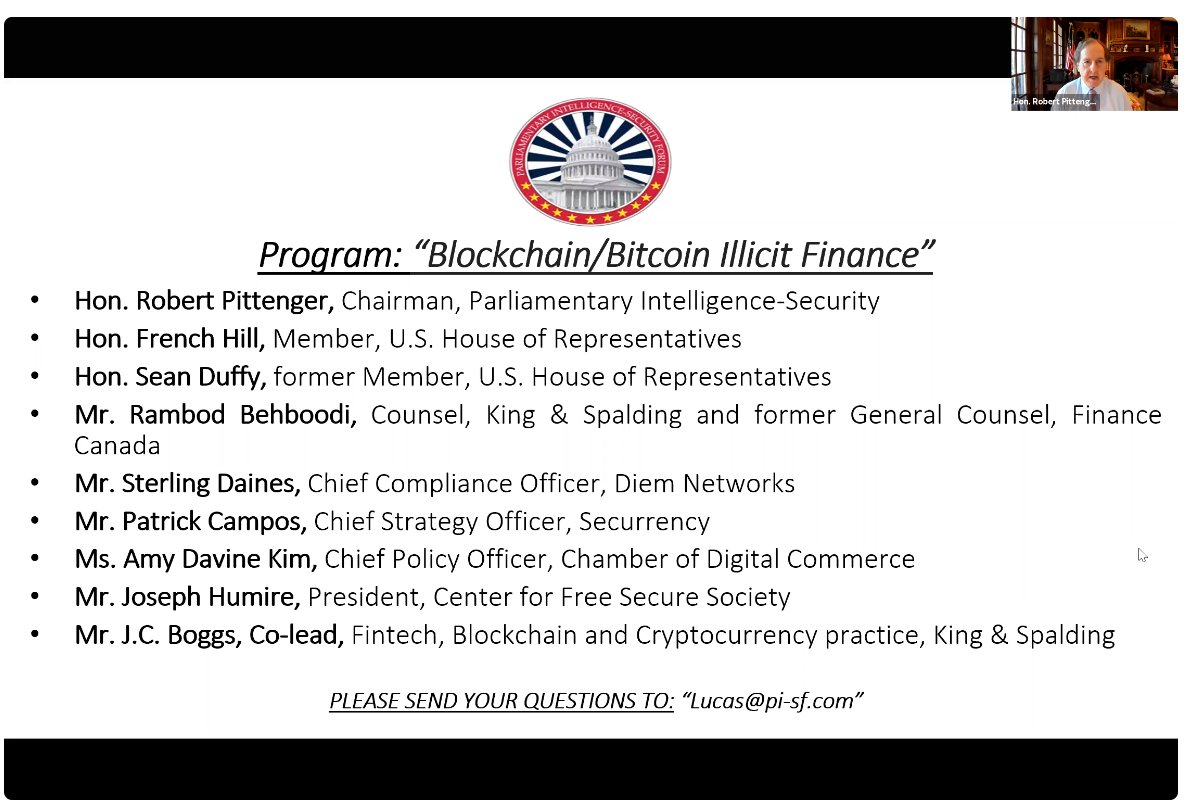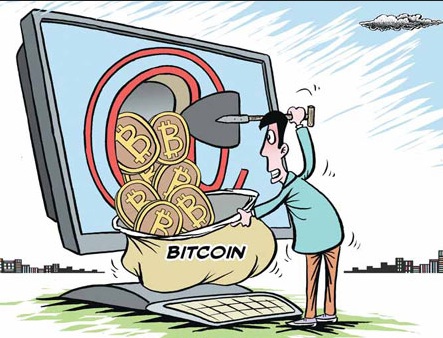Explore World Economic Forum Annual Meeting themes
Content is split across 8 key themes that allow you to explore the diverse topics addressed during the meeting.

Content is split across 8 key themes that allow you to explore the diverse topics addressed during the meeting.
![]() Launch of the OSCE publication: “Policy responses to technology-facilitated trafficking in human beings: Analysis of current approaches and considerations for moving forward”
Launch of the OSCE publication: “Policy responses to technology-facilitated trafficking in human beings: Analysis of current approaches and considerations for moving forward”
Trafficking in human beings has dramatically changed since it was first recognized as a crime 20 years ago. Today technology is a centerpiece of the human trafficking business model and 75% of sex trafficking victims are advertised online. However, legislation addressing trafficking has not kept pace. Addressing this gap is at the heart of a new study a new OSCE study on policy responses to technology-facilitated trafficking in human beings, which was presented at a virtual launch event held today.
OSCE Secretary General Helga Maria Schmid stated at the opening of the event that “the success of States’ efforts to eradicate human trafficking will largely depend on how prepared they are to tackle technology-facilitated trafficking. The OSCE today shows it has unique expertise to offer on the policies needed to effectively do that.”
Technology is misused in a variety of ways, including to groom and recruit children and vulnerable adults, luring them into exploitative situations, and to exercise power and coercion over victims, controlling or blackmailing them into compliance. The misuse of technology is also a massive facilitator of sexual exploitation through advertising trafficking victims for sexual services, sharing depictions of exploited adults and children, live streaming and forced pornography.
Some companies have developed measures or tools to respond to this problem on their platforms, but overall self-regulation has resulted in fragmented and inadequate adoption of safety measures, inconsistent and slow reporting to authorities, lack of redress for victims and impunity for traffickers.
In short, self-regulation is not working and the explosion of technology-facilitated trafficking requires strong policy and legislative action by governments.
“The current system is broken and not up to the task”, said the OSCE Special Representative for Combating Trafficking Val Richey. “States need to adopt new laws and policies to ensure Internet becomes a safe space and not a safe haven for traffickers and perpetrators.”
The new OSCE study offers policy recommendations to establish strong prevention measures, promote harmonized approaches, and encourage tech industry compliance. The recommendations also include mandating websites to verify the age of people depicted in explicit material, to have a clear “content removal” request button, and to conduct due diligence and proactive monitoring to identify risks on their platforms.
Policy responses to technology-facilitated trafficking in human beings
See also:
Women Against Corruption / WAC
Organized Crime, Money Laundering and Corruption!
What Does It Mean To Women?
Human Trafficking and Financial Corruption
with Anne Basham

Rodrigo de Matos
www.w-t-w.org/en/rodrigo-de-matos/
Parliamentary Intelligence-Security Forum
The Parliamentary Intelligence-Security Forum will help make the world a safer place for everyone through international intelligence and security collaboration between global allies.
The Parliamentary Intelligence-Security Forum is the leading international security forum providing expertise and collaboration among Parliamentarians and government officials to increase the United States’ allies understanding of the global threats of radical Islamic terrorism and adversarial nation states, while creating actionable solutions that counter these threats. Parliamentarians, who write the legislation and fund the government, are a critical player in this mission.
Please join via LIVE-STREAM the Parliamentary Intelligence-Security Forum in Budapest, 6 September. The forum will begin at 9am until 6pm Hungary time. (Washington, DC 3am-12noon)
Thank you for participating as we build a stronger working knowledge and closer collaboration on these critical security issues.
To join via LIVE-STREAM please visit our website www.pi-sf.com
The full program is below of very premier experts from a broad range of security/technology issues will present at the forum.
To review the Budapest Program please click on the link below.
mcusercontent.com//INVITE_PROGRAM.pdf
Section 1. Policy. Corruption corrodes public trust; hobbles effective governance; distorts markets and equitable access to services; undercuts development efforts; contributes to national fragility, extremism, and migration; and provides authoritarian leaders a means to undermine democracies worldwide. When leaders steal from their nations’ citizens or oligarchs flout the rule of law, economic growth slows, inequality widens, and trust in government plummets.
In financial terms alone, the costs of corruption are staggering. It has been estimated that acts of corruption sap between 2 and 5 percent from global gross domestic product. While such costs are not evenly shared worldwide, the abuse of power for private gain, the misappropriation of public assets, bribery, and other forms of corruption impact every country and community. The proceeds of these acts cross national borders and can impact economies and political systems far from their origin. Anonymous shell companies, opaque financial systems, and professional service providers enable the movement and laundering of illicit wealth, including in the United States and other rule-of-law-based democracies.
Corruption threatens United States national security, economic equity, global anti-poverty and development efforts, and democracy itself. But by effectively preventing and countering corruption and demonstrating the advantages of transparent and accountable governance, we can secure a critical advantage for the United States and other democracies.
In issuing this National Security Study Memorandum, I establish countering corruption as a core United States national security interest. My Administration will lead efforts to promote good governance; bring transparency to the United States and global financial systems; prevent and combat corruption at home and abroad; and make it increasingly difficult for corrupt actors to shield their activities…..
Memorandum on Establishing the Fight Against Corruption as a Core United States National Security Interest
United For Global Security Financial Crime, 5G, Money Laundering, Illicit Trade, Blockchain ,Transnational Crime
Parliamentary Intelligence-Security Forum in Panama, 29-30 June 2021
The dark secret of global finance
Money laundering is no longer the preserve of criminal gangs – it’s a trillion-dollar business run through global financial centres.
There are three main methods by which criminal organisations and terrorist financiers move money for the purpose of disguising its origins and integrating it into the formal economy. The first is through the use of the financial system; the second involves the physical movement of money (e.g. through the use of cash couriers); and the third is through the physical movement of goods through the trade system. In recent years, the Financial Action Task Force has focused considerable attention on the first two of these methods. By comparison, the scope for abuse of the international trade system has received relatively little attention.
The international trade system is clearly subject to a wide range of risks and vulnerabilities that can be exploited by criminal organisations and terrorist financiers. In part, these arise from the enormous volume of trade flows, which obscures individual transactions; the complexities associated with the use of multiple foreign exchange transactions and diverse trade financing arrangements; the commingling of legitimate and illicit funds; and the limited resources that most customs agencies have available to detect suspicious trade transactions.
For the purpose of this study, trade-based money laundering is defined as the process of disguising the proceeds of crime and moving value through the use of trade transactions in an attempt to legitimise their illicit origins. In practice, this can be achieved through the misrepresentation of the price, quantity or quality of imports or exports. Moreover, trade-based money laundering techniques vary in complexity and are frequently used in combination with other money laundering techniques to further obscure the money trail. This study provides a number of case studies that illustrate how the international trade system has been exploited by criminal organisations. It also has made use of a detailed questionnaire to gather information on the current practices of more than thirty countries. This information focuses on the ability of various government agencies to identify suspicious activities related to trade transactions, to share this information with domestic and foreign partner agencies, and to act on this information.
The study concludes that trade-based money laundering represents an important channel of criminal activity and, given the growth of world trade, an increasingly important money laundering and terrorist financing vulnerability.
Moreover, as the standards applied to other money laundering techniques become increasingly effective, the use of trade-based money laundering can be expected to become increasingly attractive.
More on: Trade-Based-Money-Laundering-Trends-and-Developments /Egmont Group
The goal of the Egmont Group of Financial Intelligence Units (Egmont Group) is to provide a forum for financial intelligence unites (FIUs) around the world to improve co-operation in the fight against money laundering and the financing of terrorism and to foster the implementation of domestic programs in this field.
Trade Based Money Laundering /2016
Best Practices on Trade Based Money Laundering


Cartoon: Walt Handelsman
The infiltration and undermining of Europe’s economy and society by organised crime.
The EU SOCTA 2021 is the outcome of a detailed analysis of the threat of serious and organised crime facing the EU, providing information for practitioners, decision-makers and the wider public. As a threat assessment, the SOCTA is a forward-looking document that assesses shifts in the serious and organised crime landscape. The SOCTA 2021 sets out current and anticipated developments across the spectrum of serious and organised crime, identifies the key criminal groups and individuals involved in criminal activities across the EU and describes the factors in the wider environment that shape serious and organised crime in the EU.
The SOCTA 2021 provides an overview of the current state of knowledge on criminal networks and their operations based on data provided to Europol by Member States and partners and data collected specifically for the SOCTA 2021. In trying to overcome the established, and limiting, conceptualisation of organised crime groups, this assessment focuses on the roles of criminals within criminal processes and outlines how a better understanding of those roles allows for a more targeted operational approach in the fight against serious and organised crime.
On 12 April, Europol published the European Union (EU) Serious and Organised Crime Threat Assessment, the EU SOCTA 2021. The SOCTA, published by Europol every four years, presents a detailed analysis of the threat of serious and organised crime facing the EU. The SOCTA is a forward-looking assessment that identifies shifts in the serious and organized crime landscape….eureporter.co/

 Please join for a high-level briefing on “Artificial Intelligence Security Challenges”
Please join for a high-level briefing on “Artificial Intelligence Security Challenges”
pi-sf.com/
Professor Boaz Ganor is the Ronald S. Lauder Chair for Counter-Terrorism and former dean of the Lauder School of Government and Diplomacy at the Interdisciplinary Center (IDC) Herzliya in Israel. He talks about: AI in Counter-Terrorism / local initiative attack/
Lone Wolf
Andreas Schwarz : Speech_23.3.2021
Member of the German Bundestag
Member of the Budget Committee
Deputy Budgetary Policy Spokesman of the SPD Parliamentary Group in the Bundestag
Member of the Federal Finance Committee and Audit Committee
Deputy member of the Finance and Defense Committee
Parliamentary Intelligence-Security Forum Webinar “Artificial Intelligence Security Challenges”
The European Commission defines artificial intelligence (AI) as systems that display intelligent behaviour by analysing their environment and taking actions – with some degree of autonomy – to achieve specific goals.
The life-changing power of AI is very clear to see.
As a tool, AI will transform any aspect of our lives and the way we organize as a society.
AI could become one of the most powerful technology humans had ever access to.
In the hands of bad actors, AI can become a powerful destructive tool to attack our economies, the democratic values, the rule of law and our defense capabilities.
The benefits and challenges of AI are intensified by the multitude of ways AI can be deployed….

Congressman Robert Pittenger
Chairman, Parliamentary Intelligence-Security Forum
Video/ Blockchain/Bitcoin Illicit Finance


Please join Parliamentary Intelligence-Security Forum for a high-level briefing on “China’s Threat to National and Economic Security of Democratic Nations”, Thursday, November 19th, 2020, 10AM US EST


Sincerely,
Congressman Robert Pittenger
www.PI-SF.com